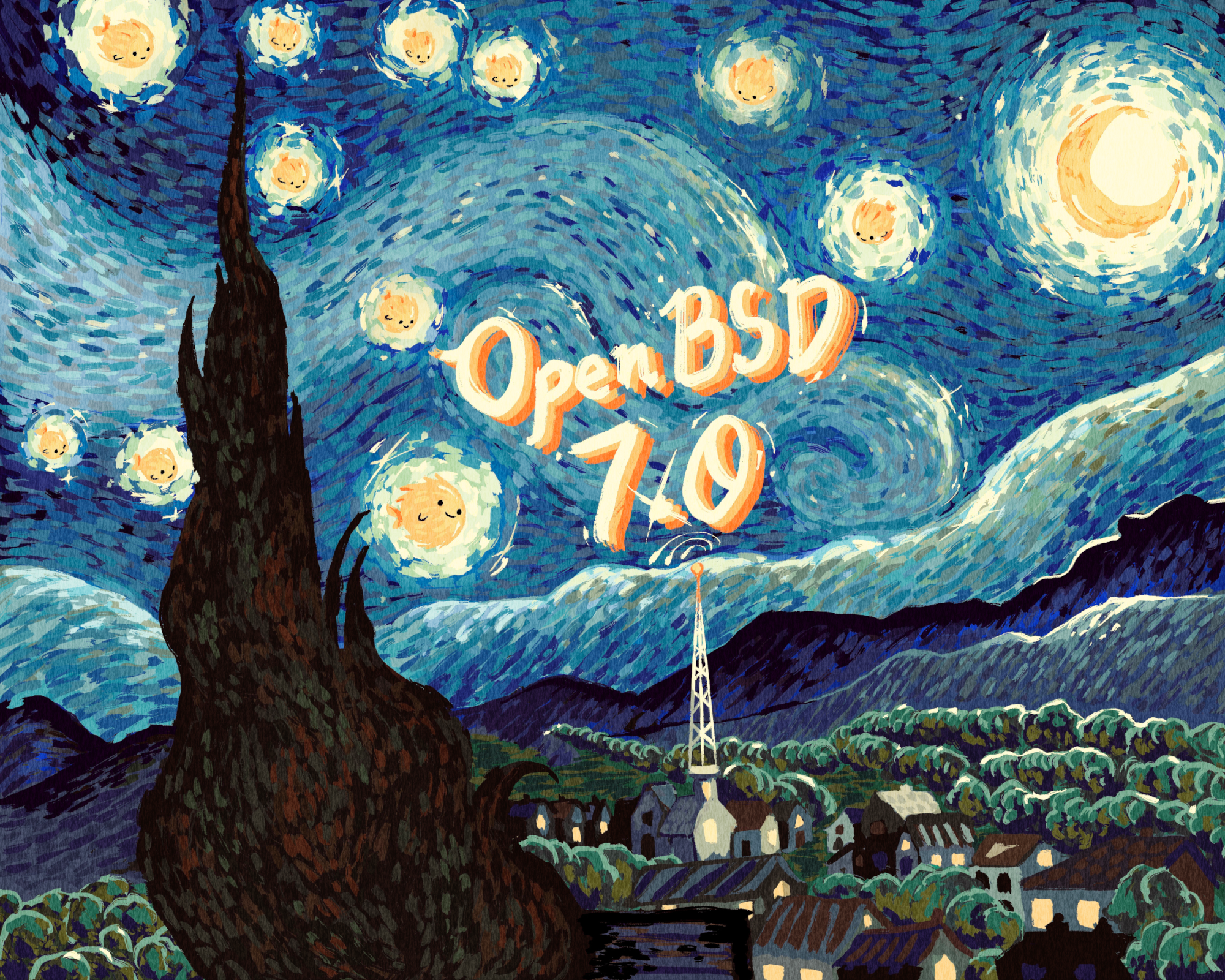SDDM is still X11 based, no matter which desktop you run with it. I have tried enabling Wayland on it, but it’s been… Unstable to say the least.
Justa she/her girl in a weird weird world
Speaks: se,en,fr
Queer asf, vegan, GNU fangirl, libertarian socialist
- 2 Posts
- 35 Comments

 3·5 months ago
3·5 months agoSpotify is CEF, I think, and it works pretty well.
No OS is perfect, as you likely do have to use a proprietary modem and some proprietary apps, but CalyxOS works well for me on my Fairphone 4. I like the base install being as free as realistically possible on a modern Android phone, especially replacing Google apps with microG. Just don’t enable SafetyNet if you don’t want it to run (sandboxed) Google blobs. That API is deprecated anyways.
The experience is smooth, free and I get a repairable phone without having generative “”“AI”“” shoved down my throat. A win on all fronts in my opinion.
Also, SafetyNet is deprecated, and Google has said that app developers shouldn’t use it for a long time before that, so I’ve never had to use it. My experience of a blob-free microG has been really good, and I trust FOSS code a hell of a lot more than sandboxed proprietary code, because I can’t be sure what it does with the data I inevitably do provide it.
MicroG has also been very clear IMO about SafetyNet not being a reimplementation, but rather a sandbox when it was relevant.
Swaylock?
I like Sway, it obviously needs a bit of configuration to be useful, but that’s partly what I like about it, and using a distro like Guix (Nix configured with Lisp) makes it easy to have the same settings on multiple PCs. Otherwise I like GNOME; it’s well supported and has many good apps. Touch/touchpad support is really good as well.

 1·6 months ago
1·6 months agoI agree with the other commenter recommending to migrate as soon as possible while the kernel still does support, but that does seem like a workable strategy if you can’t for the foreseeable future.

 1·6 months ago
1·6 months agoUse an old kernel version (if yours doesn’t still support it) and something like btrfs-convert to get a maintained filesystem instead. Works pretty well in my experience with converting other filesystems to btrfs.
OpenGamepadUI works well as a FOSS alternative to Steam if you’d like that as well.
I second rusticl, but I’d like to note that it uses Gallium internally, and not Vulkan. There is a vulkan-gallium translation layer called Zink, though, which can be used to run rusticl on any Vulkan-capable GPU AFAIK. Zink is initially made to run OpenGL on Vulkan, but it’s also just a general-purpose Gallium driver.
Have you looked at Guix? I love it because it uses Scheme instead of Nix as its language, but I realize not everyone likes Lisp as much as I do. Also, I found the documentation easier to follow. Since it is a GNU project, you will need to install a third party channel (repo) if you need proprietary drivers/firmware. If you do, check out SystemCrafters’ install image, which has firmware on the image so you can at least boot it.
I think so. The language (Scheme) is a lot more logical to me, and the higher focus on reproducibility in the main channel compared to Nix (Guix can be bootstrapped from a tiny binary seed) is a draw for me.

 2·8 months ago
2·8 months agoPPA:s are specifically hosted by Canonical, no? Otherwise it’s just a normal repo.

 5·8 months ago
5·8 months agoThis is different from the Wayland security model, as Wayland restricts the ability for clients to modify and read from other clients arbitrarily. This is an extension to a Wayland compositor, and as all extensions do, it contains code which runs on your system. Any code, unless sandboxed, can access your filesystem no matter if it’s run under Wayland, X11, or no windowing system at all for that matter.
Maybe mod_lua is an equivalent? I haven’t used OpenResty so there may be something I’m missing.
Does nginx give me anything over apache httpd in the year of our lord 2024? I’ve used both for hosting servers but never really understood the difference, as apache seems to have incorporated the important improvements that nginx made iirc.

 2·11 months ago
2·11 months agoI think Xen does? It’s available on a few different operating systems but idk how user friendly it is compared to QEMU/KVM or bhyve.

 2·11 months ago
2·11 months agoI’ve really wanted to try bhyve but the lack of hardware passthrough support (PCIe GPU passthrough in my case) compared to KVM keeps me from it as of right now. Looks really good though.
Same, on my Debian machines I barely even think about if packages are debs or flatpaks because it’s so seamless.


The reason these aren’t ticked is that most people don’t tick them, so you’re sending websites more data than you would otherwise, and websites don’t have to respect these requests at all.